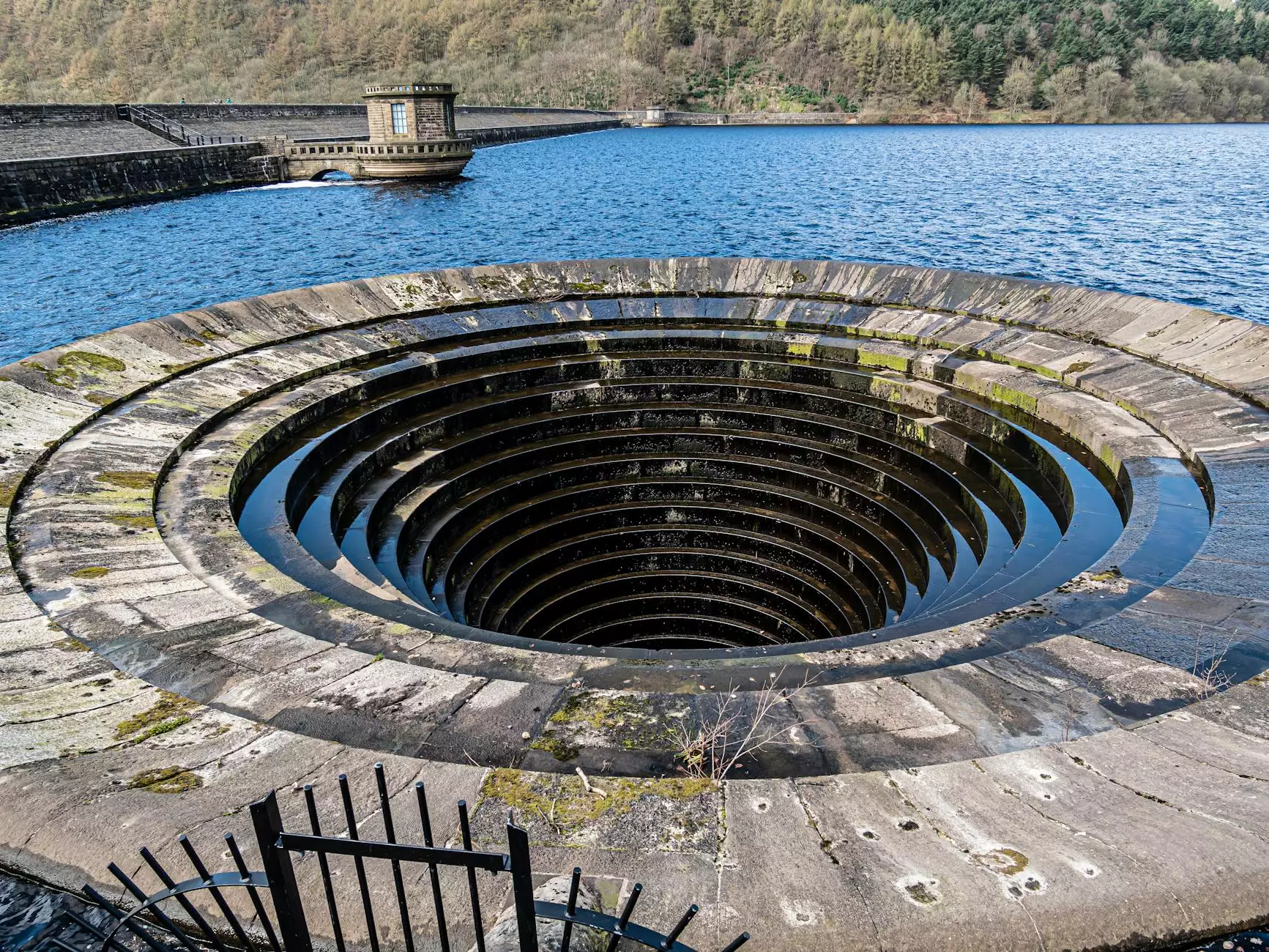Understanding Hydraulic Piston Pump Spare Parts

In the world of machinery and heavy-duty equipment, hydraulic piston pumps play a crucial role in converting mechanical energy into hydraulic energy. As these pumps are integral to various systems, having a good understanding of hydraulic piston pump spare parts is essential for ensuring optimal performance and long-lasting efficiency.
The Importance of Hydraulic Piston Pump Spare Parts
Hydraulic systems are prevalent in various industries, including construction, manufacturing, and automotive. The hydraulic piston pump is a vital component in these systems, responsible for generating the hydraulic pressure needed to operate machinery. Here are several reasons why understanding spare parts is critical:
- Operational Efficiency: High-quality spare parts ensure that pumps function efficiently, reducing downtime and increasing productivity.
- Cost-Effectiveness: By using quality spare parts, businesses can extend the life of pumps, thus minimizing the need for frequent replacements.
- Enhancing Safety: Proper maintenance and the use of reliable spare components contribute to safer operating environments.
- Versatility: Understanding various types of spare parts aids in customizing services to meet specific operational needs.
Types of Hydraulic Piston Pump Spare Parts
Hydraulic piston pumps consist of several components, each of which may require replacement over time. Below is a comprehensive list of the primary hydraulic piston pump spare parts that you should be familiar with:
- Piston: The core component that converts hydraulic energy into mechanical energy.
- Seals and O-rings: Essential for maintaining pressure and preventing leaks.
- Cylinders: House the pistons and serve as the chamber for fluid movement.
- Valves: Control the flow and direction of hydraulic fluid to maximize efficiency.
- Connecting Rods: Link pistons to the drive mechanism, transferring force effectively.
- Filters: Keep the hydraulic fluid free of contaminants, ensuring the longevity of the pump.
Common Issues and Troubleshooting
Even the best hydraulic piston pumps can experience problems over time. Recognizing these issues early on and knowing how to address them is paramount:
1. Excessive Noise
Unusual sounds during operation can indicate internal wear or insufficient lubrication. It's advisable to inspect the pump immediately and replace worn bearings or check fluid levels.
2. Leaks
Hydraulic fluid leaks can lead to decreased efficiency and increased operational costs. Inspect seals and O-rings for cracks and replace them promptly to prevent further issues.
3. Reduced Performance
If a hydraulic piston pump is not generating expected pressure, it may be due to worn components or a clogged filter. Perform a comprehensive check and replace necessary parts for optimal functionality.
Choosing the Right Supplier for Hydraulic Piston Pump Spare Parts
Selecting a reputable supplier for hydraulic piston pump spare parts is a decision that can significantly impact your operations. Here are key factors to consider:
- Quality Assurance: Ensure that the supplier offers high-quality parts that meet industry standards.
- Range of Products: A good supplier should carry a vast selection of components to meet various pump models and needs.
- Technical Support: Choose vendors that provide comprehensive support and guidance on spare parts selection and installation.
- Competitive Pricing: Evaluate prices to ensure you are getting the best deal without compromising on quality.
- Reviews and Reputation: Research supplier reviews and company reputation to gauge reliability and customer satisfaction.
Maintenance Tips for Hydraulic Piston Pumps
Regular maintenance is pivotal for the longevity and reliability of hydraulic piston pumps. Consider these tips to keep your systems in top shape:
- Regular Inspection: Frequently check components for signs of wear and tear, particularly seals, pistons, and valves.
- Fluid Quality: Always use high-quality hydraulic fluid and monitor for contamination regularly.
- Immediate Repairs: Address any issues at first sight to prevent escalation into more significant problems.
- Documentation: Maintain records of maintenance procedures and parts replacements for better management and planning.
- Training Personnel: Ensure that operators are well-trained in the functioning and maintenance of hydraulic systems.
Conclusion
In summary, understanding and managing hydraulic piston pump spare parts is crucial for anyone involved in industries dependent on hydraulic systems. By ensuring quality spare parts, choosing the right suppliers, and maintaining your equipment properly, you can maximize efficiency, enhance safety, and reduce operational costs. At client-diesel.com, we offer a comprehensive selection of diesel engine parts and spare parts from trusted manufacturers, ensuring you receive quality components tailored to your needs. Investing in the right hydraulic piston pump spare parts is an investment in the future of your business.









